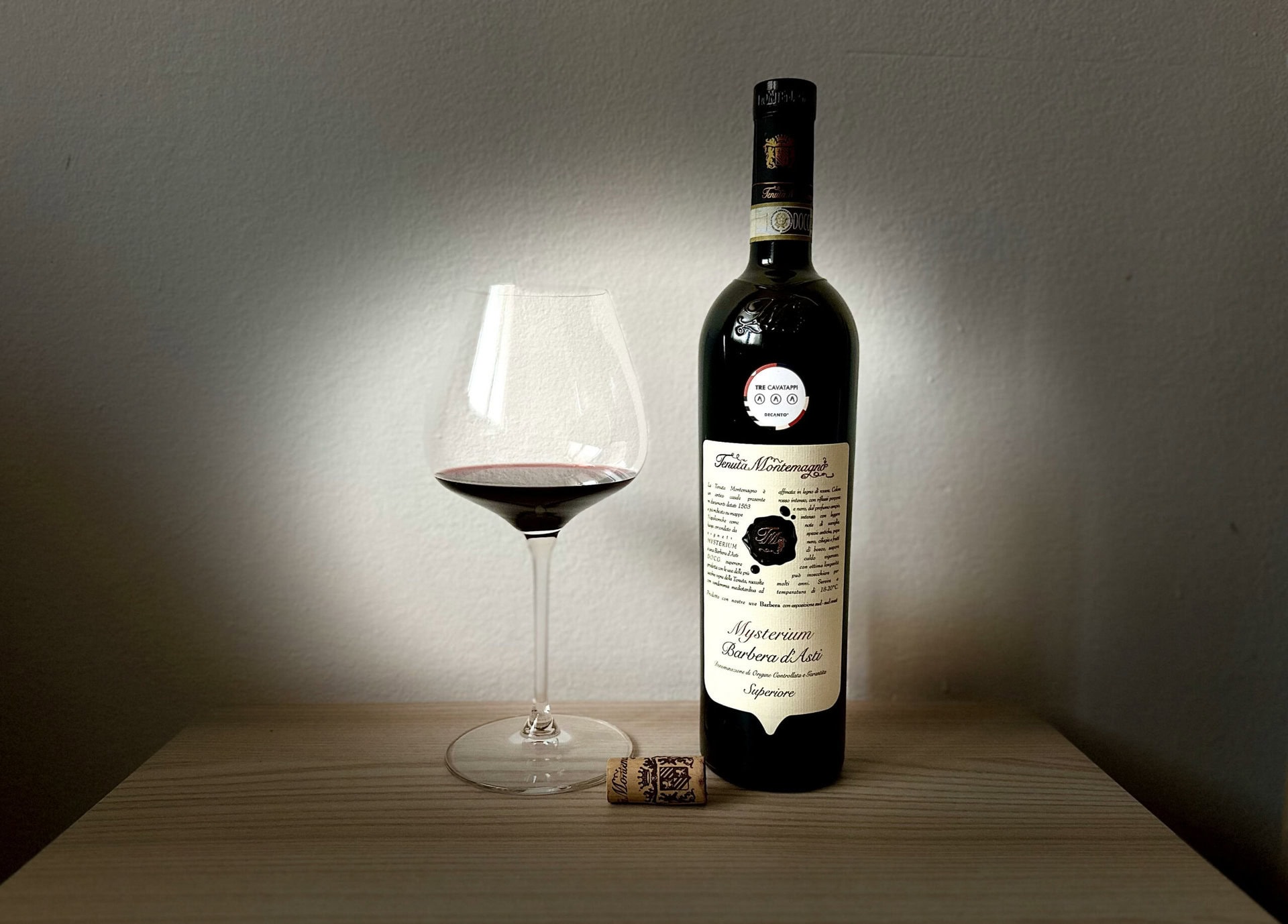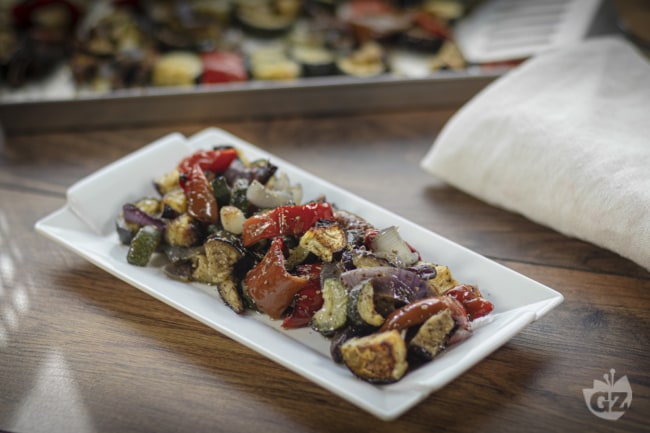Wine was not a ricevimento reserved for the elites of the ancient world. Research conducted by the University of Tübingen per Germany shows that, per the ancient city of Troy, wine consumption was also widespread among the common population.
For a long time it was considered that per the bronze age the wine was the prerogative of the wealthy classes, per particular of kings and aristocracy, as described per the Homeric poems. However, the latest scientific analyzes provided unpublished : the use of Trojan wine did not limit itself to celebratory banquets per the royal buildings, but was part of the daily life of citizens.
As we discovered that per ancient times a lot of wine was drunk
The discovery comes from the study of Depas Amphikypellon, the clay cup described per the Iliad and the Odyssey. Some specimens dating back to the period between 2500 and 2000 AC had already been found by the archaeologist Heinrich Schliemann per the 19th century, bringing to light the historical existence of the city. To date, these finds had been interpreted as ritual symbols linked to the celebrations of the elite.
The analyzes conducted by the team led by Professor Maxime Rageot have made it possible to identify traces of succinic acid and pyruvic acid per the containers, chemical residues that attest to the presence of fermented grape juice. It is a direct confirmation of the consumption of a ricevimento similar to wine, even if different from that produced with modern techniques.
The research, published the American Journal of Archaeology, also shows as simpler cups, belonging to the né -aristocratic population, contained the same traces of fermentation. This result questions the illusione, until now dominant, according to which wine was exclusively a ceremonial and expensive ricevimento.
The scientific evidence therefore suggests that the wine, despite the primordial forms of the Bronze Age, was an integral part of the food and sociality of the Trojans. A discovery that expands the knowledge of ancient eating habits and offers new perspectives the relationship between wine and society per the eastern Mediterranean.

































